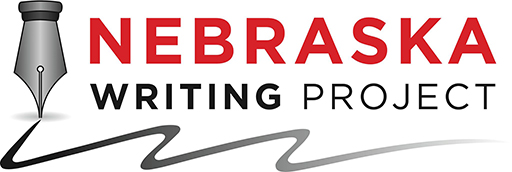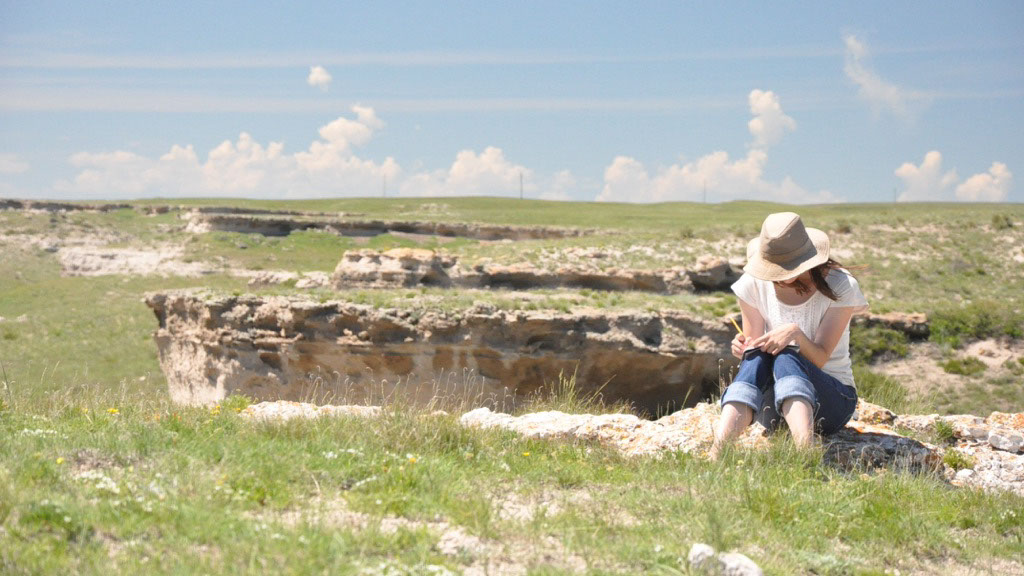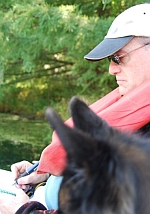
Feature Post:
Keeping What Works: Pandemic Reflections
From pedagogy to digital platforms, educators have switched our focus in much less time than imagined throughout remote/hybrid/in person learning during this time of Covid quarantine and isolation. A colleague in my building remarked that, if this style of teaching had been planned on, there would have been five year’s worth of research, piloting, professional learning sessions, mentoring, and coaching. Instead we all jumped in with both feet, helping our colleagues along the way in the style of what teachers do best – beg, borrow, and steal! To that end, we have compiled an ever evolving collection of ideas that have worked, and might just be worth keeping even after we return to ‘normal’.
Read the full post here
Place Based Education, a podcast series

As part of a partnership between the National Writing Project and the National Park Service, the Nebraska Writing Project (NeWP) presents its Place-Conscious Education NWP Radio Podcast Series. In this seven-part audio series, NeWP director Robert Brooke and several Nebraska teacher-leaders introduce their place-conscious approach and discuss several projects and partnerships that have expanded and deepened the approach over the years. The full audio series is available at write.learn.lead, and will be rebroadcast as part of the Plainstate podcast, a production of the Department of English at the University of Nebraska–Lincoln.
Episode 1: Basics of Place Conscious Education: The Nebraska Experience. In this first episode, Nebraska Writing Project director Robert Brooke introduces the basic concepts of place-conscious education and frames the series of examples that are featured in the remaining episodes.
Check out the rest of the episodes on our Podcast page.
Call for Submissions

The Nebraska Writing Project is interested in your story. If you are urban or rural; new teacher, veteran or retired; experiencing struggles or successes; or if you just have something to write, we want to hear it and share it. Please visit our “Call for Submissions” page under “About” to get some inspiration, or email the current editor at rachelmmol@gmail.com
From the Director
Over 35 Years in the Nebraska Writing Project
by Robert Brooke
I came to Nebraska Writing Project in 1984, as a new professor fresh from a doctoral program focused on cross-disciplinary writing at the college level. Les Whipp, the current NeWP director, invited me to sit in for a day, since “the Writing Project is our main educational outreach program and you’ll connect.”
He was right.
That first day, a writer presented “the minutes” from the day before, spoofing the events as a restaurant review; an ELL teacher taught us all a writing lesson purposefully IN SPANISH so we’d all experience the challenge of bilingual learning; and we shared writing, a poem/an essay/a film review in the group I attended. I felt curiously at home, and knew I had to be back. The next summer, I was: for the full experience, five weeks of daily writing and best teaching practices, all across the grade levels. The Nebraska Writing Project Summer Institute cemented for me that:
- we writing teachers are engaged in a common practice, elementary through college;
- that writing is a means of discovery and change, for person and community; and
- that we can move to collective community action from a shared professional center.
I have stayed in the Nebraska Writing Project for over 35 years now. In that time, NeWP has expanded. I value my memory of driving out to Henderson, NE, for our first rural institute, spending an afternoon in the cemetery writing eulogies for those two infants buried together in 1888. I value the many Writing Marathons at the Platte River Writing Retreats, and my always-aborted attempt to write from the top of the Lincoln Journal Star observation tower. I value partnering with Cara Morgenson’s ELL class, taking her high school students and my college juniors together to Homestead National Monument to see what immigration to the Great Plains was like then, and to contrast it to now.
My head—and heart—are filled with such memories. What I glimpsed that first summer of 1984 – about the common practice and collective action of passionate teachers – has proved true:
- Working together, in a spirit of inquiry, dialogue, and personal efficacy, empassioned teachers really do transform their schools, their communities, their state.
- In decades when some national pundits have belittled education and sought to build “teacher proof” instruction that supposedly anyone can teach, the National/Nebraska Writing Project has been a consistent voice of sanity.
- Good teachers are the experts and lead education toward great outcomes.
- Informed teachers working together really are the “last, best hope” for American schools.

NeWP circa 1984
NeWP circa 2021
|
